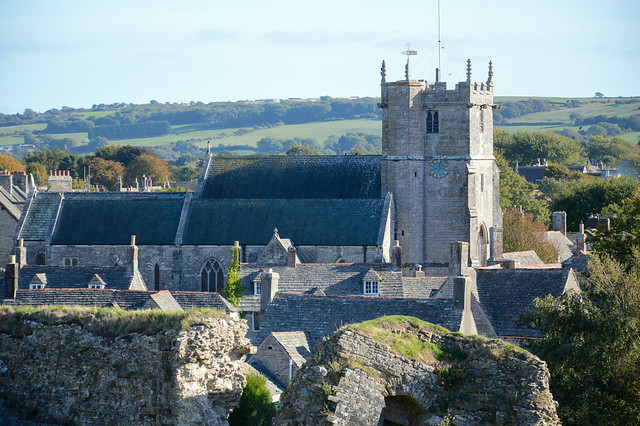.. the church, at its best, is where relationships that would not happen anywhere else become possible. Fergus Butler-Gallie, Touching Cloth, 2023
From: Alison Milbank, Relationality in the Parish
The Anglican parish embodies the positive value of being ‘somewhere’ and is a place of rootedness in the past, where it is digested and created afresh. Its church building can attract fierce loyalty even when it is a relatively recent construction, as recently in St Barnabas Southampton where people in an area of social housing fought desperately to stop their church from closure. In many places the church will be surrounded by graves of past parishioners, and it witnesses to the creativity and devotion of local people in its monuments, kneelers, glass and the worn stone of its steps. These material traces are not just valuable in themselves but as the embodiment of the past they represent an important aspect of what it means to be a parochial community. As Christians, we are part of the Church, which does not just mean the visible Church of our brother and sister believers across the world, but the invisible Church. Our prayers join those offered in that same place five hundred years in the past but also five hundred years in the future. Our worship is taken to the heavenly altar where Christ brings the world to the Father in the Spirit and unites prayer from all times and places. So relationality in the parish is never just spatial but temporal and eternal, as it opens to the divine and to the whole body of Christ, living, departed and to come.
Alison Milbank reminds us that relationality is not just about the here and now but extends to the past and future. We are surrounded by a cloud of witnesses. In Witness (Church House Publishing 2020, pdf downloadable from the Church of England website), one of the participants talked about needing to honour the hopes and prayers of people who had previously been part of the parish.
In a striking phrase, one of the churchwardens, Andy, talks about what is now happening as being the answer to the prayers of previous generations who had loved the church. To see oneself as answer to prayer brings huge hope, but also huge responsibility: pews have memories (Building a Relational Culture, p. 46)
Some things to think and talk about:
- What sort of relationships do you think Fergus Butler-Gallie might have been talking about?
- How do you think as Christians, we can be in relationship with Christians of the past – and of the future?
- How important is ‘rootedness’ and the idea of ‘parish’ to flourishing Christian community?
- What do you think are the hallmarks of a truly relational church?




